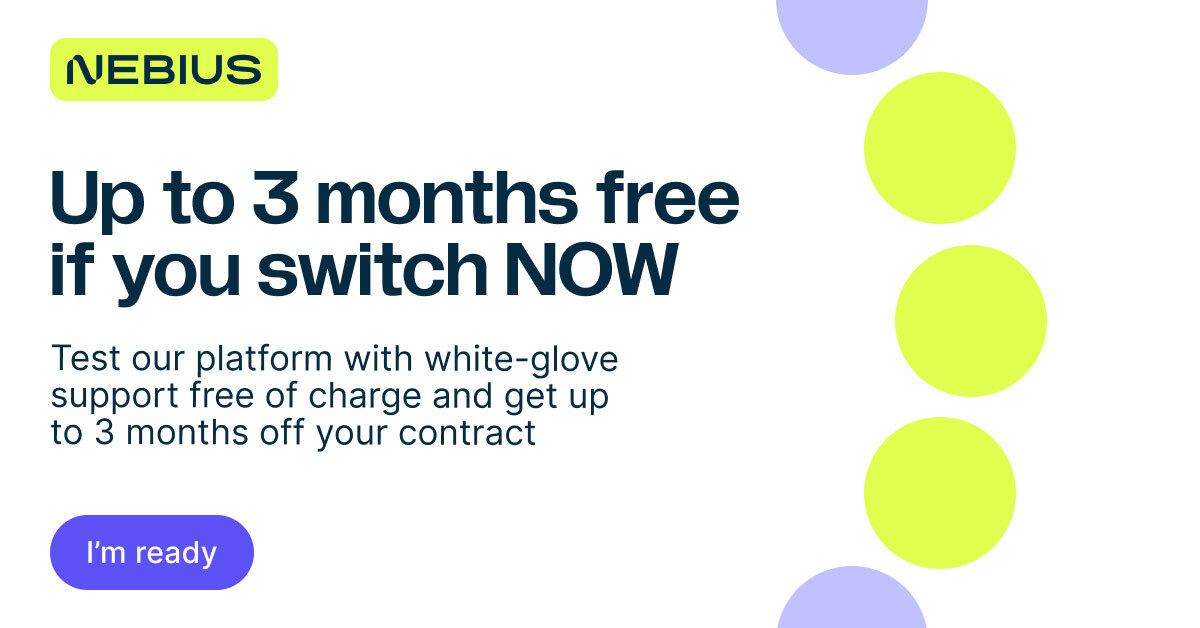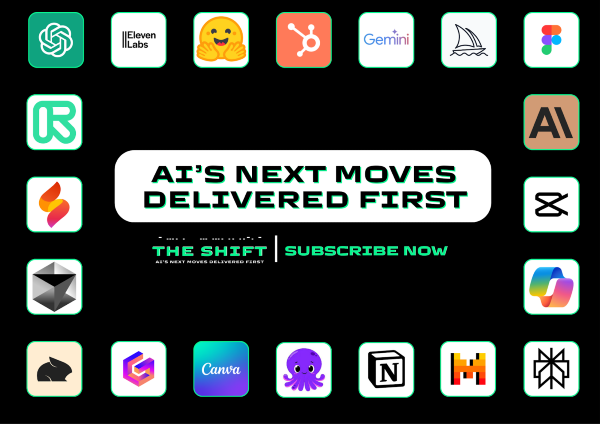Bad CX Means worse Meta Metrics
⚙️ The Hidden Algorithm No One’s Talking About, Meta tightens control on messages and ads, and more!

Hey there Smarty 👋
Are you geared up to catch the latest and greatest in quick shorts?
And just a quick heads-up! If you stumbled upon us through a friend, make sure to subscribe here! That way, you’ll never miss out on the trending shorts.

⚙️ Bad CX Means Worse Meta Metrics
Your next ad penalty isn’t coming from a bad hook or weak targeting.
It’s coming from your warehouse.
Meta just rewired its ad auction, and the update is brutal in its simplicity. The platform now prices your impressions based on post-purchase experience: delivery speed, complaint volume, refund ratios, and support responsiveness.
The line between marketing and operations just vanished.
🧨 The End of Isolated Teams
For a decade, brands ran on silos. Media bought attention. Ops moved boxes. CX cleaned up the mess.
That model just broke.
Meta now watches what happens after the sale. If buyers get frustrated, late shipments, broken items, or slow replies, your next campaign quietly pays more to reach the same audience.
Suddenly, your fulfillment rate is your new CTR. Your reply time is your new CPC. You don’t just “scale” anymore; you’re audited by reality.
🚚 When Logistics Becomes Marketing
Think about it.
A perfect ad can’t save a sloppy backend. If your promise online isn’t matched by the experience offline, the algorithm notices before your customer complains.
Meta’s new feedback loop ingests:
- Buyer surveys on shipping satisfaction
- Delivery tracking consistency
- Product return ratios
- Support response lag
Each data point feeds your auction quality score, the same system that decides whether your next click costs $1.20 or $2.80. You’re not being punished. You’re being priced for trust.
🧩 How Operators Are Adapting
Smart teams are already merging CX and media dashboards.
They’re tracking experience signals the way they track ROAS:
- Shipping delay spikes → CPM inflation alerts
- Support backlog → audience cooling signals
- Stockouts → auction volatility
They’ve realized Meta doesn’t reward creativity anymore, it rewards operational truth.
That’s why elite DTC teams are now auditing not just ads, but outcomes. They’re turning customer tickets into media levers and unifying growth under a single metric: Auction Health.
💡 The Operator Advantage
This shift doesn’t make ads harder, it makes them fairer.
You can’t outbid bad experience anymore. But if you run a clean operation, you’ll win cheaper reach by default. The algorithm is no longer a mystery box. It’s a mirror and the reflection it’s showing is simple: Your next CPM is built in your warehouse, not your ad account.

Together with Nebius
Cut AI Cloud Spend Before Your Next Invoice

Every extra day on AWS or Azure burns budget and pushes back your roadmap. Slow GPU queues and surprise bills quietly erode margins while your competitors sprint ahead.
Nebius ends the bleed with free migration and up to three free months, so you start saving instantly.
Operators switching over see 30–50 % lower GPU costs and consistent pricing around $2 per hour, while training large models up to 50 % quicker with instant scaling
Teams like Recraft and Captions already trust Nebius for fast, always-on GPUs and rock-solid clusters that let them ship models without delay.
Switch to Nebius and lock in your free months before your next cloud bill hits!

📩 WhatsApp limits spam while Instagram tests skippable ads
Meta is taking steps to balance user experience and monetization across its platforms. WhatsApp is introducing new messaging limits to reduce spam, while Instagram is experimenting with skippable ads in Reels to make ads more user-friendly without hurting discovery.

The Breakdown:
1️⃣ Instagram experiments with skippable Reels ads - Instagram is testing skippable video ads in Reels, showing countdown timers before letting users skip. Unlike YouTube’s monetized skips, this test doesn’t yet share revenue with creators but aims to study whether more user-friendly ad formats can maintain engagement while improving brand discovery.
2️⃣ WhatsApp introduces message limits - WhatsApp will now restrict how many unanswered messages users and businesses can send in a month. Each message to a non-respondent counts toward a limit, with pop-up warnings before users hit their cap. The goal is to reduce spam floods and protect users from unsolicited outreach.
WhatsApp’s new message limits target spam-heavy behaviors, protecting users from unwanted outreach. Meanwhile, Instagram’s skippable ads test aims to improve ad engagement while respecting user attention. Together, they signal Meta’s shift toward quality interaction over quantity, forcing businesses to rethink cold outreach and creative strategy across both platforms.

Together with The Shift
Turn AI from “Interesting” to “Impactful”

If you’ve ever thought, “That’s cool, but how would I actually use it?”
The Shift is for you. Here’s what you’ll get:
- Easy-to-follow breakdowns of even the most complex AI concepts.
- Real strategies you can apply in minutes, no tech degree required.
- Bonus access to 2,000+ AI tools, free courses, and prompt libraries.
Every edition is built for action, so you can improve campaigns, speed up workflows, or launch ideas faster than ever before.
You don’t just “learn AI” here. You make it work for you.

🚀Quick Hits
🔗 X is testing a new in-app browser that keeps users on-platform when opening links, letting them like or reply while reading.
📉 Google Ads will now permanently delete canceled accounts after six months, erasing all campaign data, reports, and assets. Advertisers get a 30-day warning before deletion, ending indefinite account reactivation.
🍪 Google officially shuts down Privacy Sandbox, ending its years-long bid to replace third-party cookies. The closure restores ad stability but leaves privacy-first advertising without a clear, scalable future path.
🔍 Only 45% of U.S. shoppers now start product research on Google, while AI tools (15%) and review sites (14%) surge ahead. 73% use AI search more than last year, and 52% turn to social media for reviews.

That’s a wrap for today! Tell us your thoughts about today's content as we line up more Shorts! And don’t hesitate to share this with someone who’d adore it. 🥰
